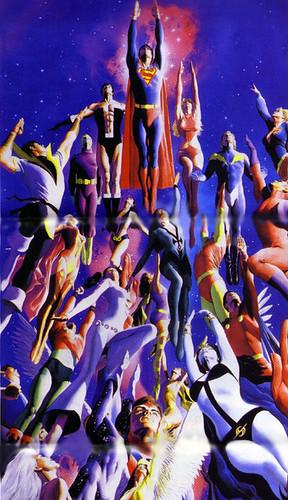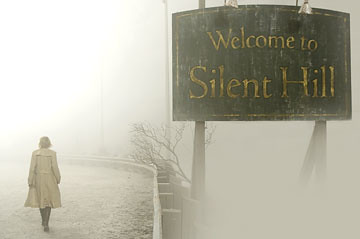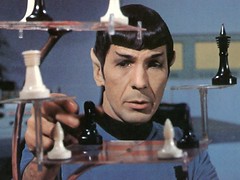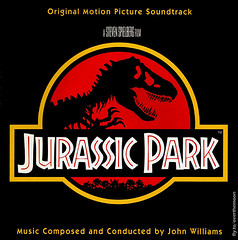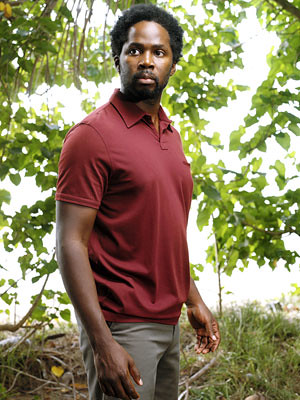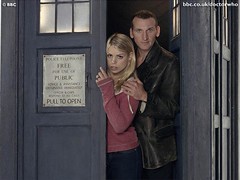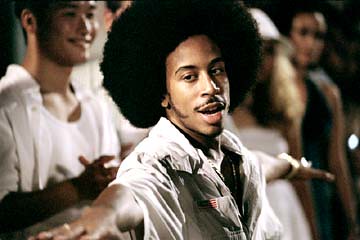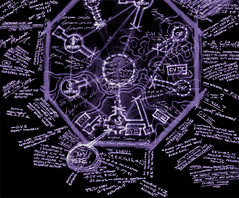More Marvel, More Superheros
Today, The Hollywood Reporter posted an article about the huge new slate of superhero films that Marvel Films plans to churn out starting in 2008. This panoply includes, a sequel to the 2003 release of Hulk (which I thought Ang Lee turned into a visual stunner, even though everyone else on the planet seemed to hate it), an Iron Man film to be directed by Jon Favreau, an Ant Man film written by Edgar Wright (writer/director of Shaun of the Dead), and a Captain America film, among others.
I’m all for comic book movies, but I’m curious about how this pack of films will do in the near future. Like anything else in pop culture, superheros have waxed and waned over the decades. In ’78 when the original Superman was released, it was a huge hit, and spawned three sequels, which all declined in quality bit by bit after the first entry. Tim Burton’s Batman in ’89 launched the caped crusader craze which was to last through the 90’s before petering out in ’97 with the infamous Batman Forever. In 2000, the first of the nouveau superhero films hit with Bryan Singer’s X-Men, and since then it seems that a superhero cinema craze has hit like never before. This decade, I think in retrospect, will be known as the decade of the superhero. The past six years have seen three X-Men films, two Spiderman films, a Hulk film, a Punisher film, a Daredevil film, an Elektra film, a Fantastic Four film, and the revitalization of the Batman and Superman franchises. Not to mention the various sequels for these films that are already careening down the pipeline to a theatre near you. Soon to be releases include another Spiderman, another Batman, Wonderwoman, and now, the multi-picture barrage of films from Marvel.
It seems to me like it’s only a matter of time before the public gets burnt out on all this. There will be a superhero backlash as people tire of accidents involving radiation and hi-tech gadgets. Or will they? Are the basic components of the superhero genre so universal –so relatable, that they remain invincible? Even when the comic book/superhero movie market dies down, it only seems to do so for a couple of years before it starts up again. It’s true that people never seem to tire of the summer Hollywood blockbuster formula. But there’s also a certain “special” quality that I think is attached to this genre of films, an originality; dare I say magical at the risk of sounding foolishly sentimental. I would hate to see the superhero film become so ordinary and commonplace that it is as predictable and formulaic as your average studio romantic comedy or thriller. I’m sure many would argue it’s already too late for that, that the superhero film has been normalized into the swill of mediocrity that floats through our cineplexes. It’s true there have been some doozies. Fantastic Four and Daredevil, to name a couple, were both pretty dreadful. But the X-Men and Spiderman movies have managed to keep their heads above water, and at times achieve greatness (at least for now, knock on wood).
The films described in The H Reporter article make mention of some promising elements. In particular I like the description of the take on Captain America for the feature film:
"He's a Norman Rockwell character who is faced with today's America and is forced to look at his own past, things in the '40s that weren't necessarily what they were cracked up to be, and also how today's country may be different than it looks,"
I like the fact that they intend to imbue a character whose name implies blind optimism and nostalgic patriotism with some introspection about his own values. It’s things like that which differentiate the best of the superhero films from action films with elaborate costumes
But there are other pieces in the article which make me scratch my head a bit. For instance, when did Jon Favreau become the go-to Superhero/sci-fi director around town? Don’t get me wrong, I think the guy is a funny actor, and I thought Elf was cute, but now all of a sudden he’s directing John Carter of Mars, and Iron Man. Was it all that “buzz” from his last feature directorial effort, Zathura? I find that hard to believe because that movie, though not necessarily Favreau’s fault, was pretty bad. The Nick Fury film, will be adapted by screenwriter Andrew Marlow, who aso wrote Hollow Man and End of Days. Egads. I guess it’s good that Marvel is trying to bring in some fresh blood into the world of superhero films, who may incorporate the sensibilities from their other work into the adaptations. But I will say that after reading the article, it evoked an image of the Marvel films world as being a gigantic boy’s club; not a single female writer, director, or producer seemed to be involed in any of these films. Harumph. I for one think it would be interesting to see a woman's take on some of these iconic characters.
I’m sure I’ll see most if not all of these films when they’re released. That is if the superhero bubble hasn’t burst by ’08…
